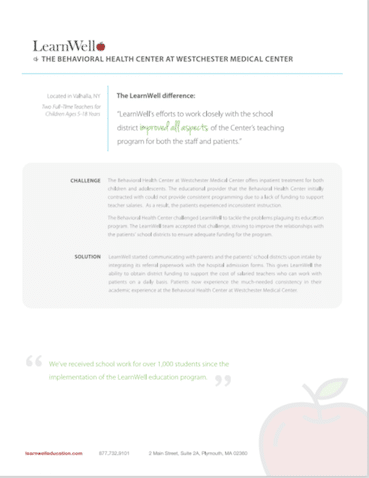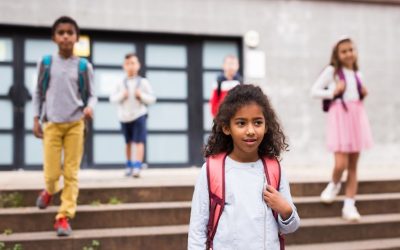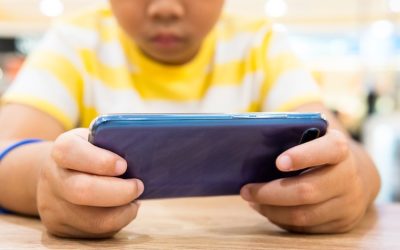Supporting Students Dealing with COVID-19 Lifestyle Changes
Four Teachers For Children Ages 5-18 Years
Challenge
The Behavioral Health Center at Westchester Medical Center offers inpatient treatment for both children and adolescents. The educational provider that the Behavioral Health Center initially contracted could not provide regular funding for teachers’ salaries. As a result, the patient/ students experienced inconsistent instruction.
In 2006, the Center challenged Education, Inc. to tackle the problems plaguing its educational program. The EI team accepted that challenge, striving to improve the relationship with the school districts and thereby ensuring adequate funding for the program.
Latest News & Updates
How to Support Your Child in Finishing the School Year Strong
As we approach the end of the school year, it's important for parents to help their...
Navigating the Digital World: Understanding the Impact of Screentime on Students
In today's digital age, teens are constantly surrounded by screens - whether it's...
Celebrating Presidents’ Day: A Lesson Plan for Teachers and Students
Presidents' Day is a federal holiday celebrated on the third Monday of February...




